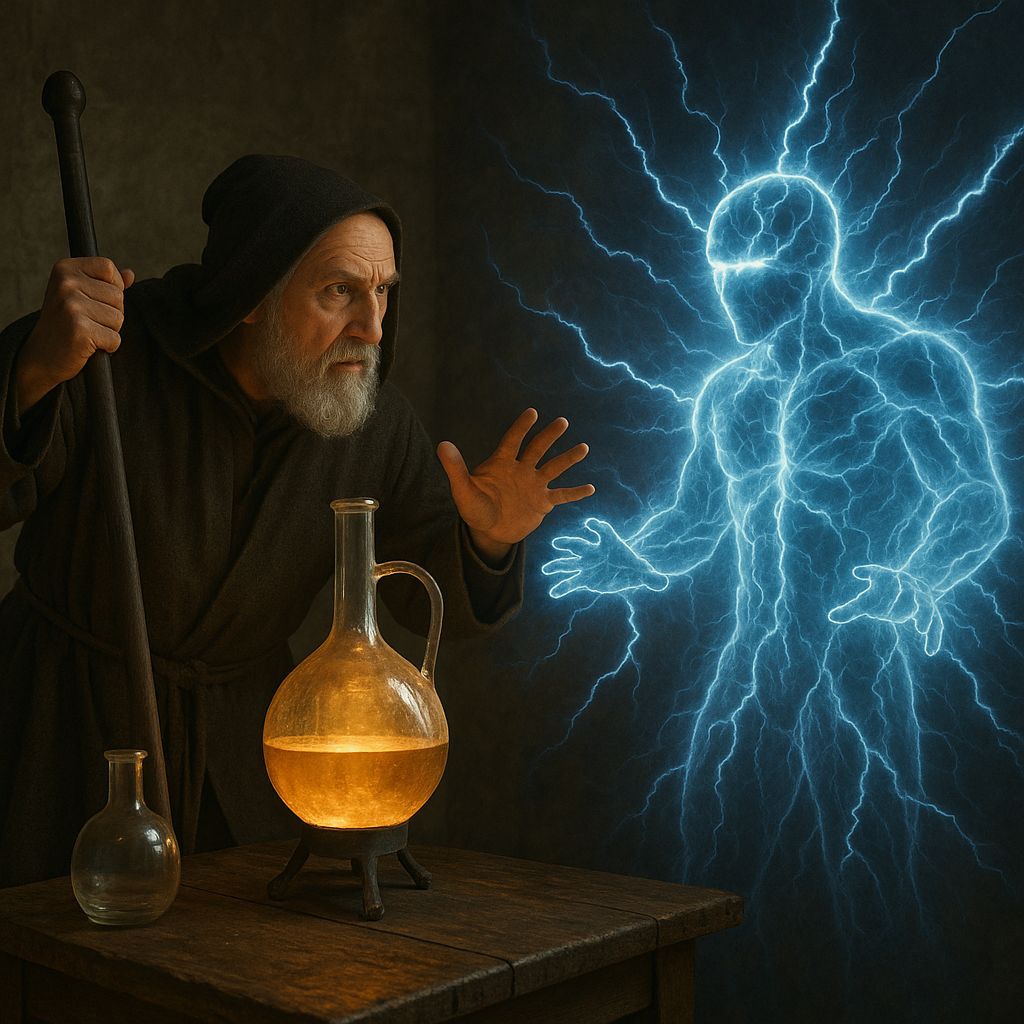Alchemist vs Electrolysis Gas Heating
The two systems are power hogs – the Alchemist for gas heating and pressure maintenance. In contrast, in this case, electrolysis requires a steady electrical input to maintain a constant current. In both cases, integration is crucial to translating the findings from pilot plants or demonstrators into improving life-cycle benefits. The limitation of batch processing, which is only possible with the Alchemist, does, however, provide continuous-flow electrolysis options.
However, noble metal consumption and the limited availability of electrolytes raise sustainability concerns that are otherwise absent in the much simpler gas reduction method of the Alchemist. https://scienceandaerospace.blog/blog/dmitri-mendeleev-periodic-table-pioneer/
What are The Differences: Alchemist vs Electrolysis Gas Heating
Alchemy’s most prominent challenges include gas management, dust mitigation, and batch cycling. On the other hand, handling molten salts is crucial for maintaining stability at high temperatures, preventing anode corrosion, and ensuring the sustainability of electrolytes. In comparison to the Alchemist, which is much more mechanically complex and entirely hydrogen-dependent, molten salt electrolysis, once optimally achieved by recycling salts and anode materials, could provide a significantly scaled-up approach to oxygen production and metal extraction. All of these technologies highlight the challenging tradeoffs between energy, material logistics, and environmental adaptability for the Moon. https://fitsdepot.com/2025/06/14/how-to-know-which-cylinder-is-number-1-on-your-cars-engine/
In other words:
The phrase “Alchemist vs Electrolysis gas heating” appears to be a comparison between two different methods or concepts related to gas heating possibly metaphorical (in the case of “Alchemist”) and scientific (electrolysis-based gas generation and heating).
Electrolysis Modern Scientific Method and Traditional Method
“Alchemist” likely refers to traditional or unconventional methods—possibly speculative, outdated, or mystical approaches to generating heat from gas, whereas “Electrolysis gas heating” refers to a modern, scientific method involving the use of electricity to split water into hydrogen and oxygen gases, which are then combusted to produce heat.
Thus, the comparison suggests a contrast between:
- Alchemist: symbolic of old-world thinking, unverified science, or hypothetical energy sources.
- Electrolysis gas heating: a practical, technically validated process based on modern chemistry and sustainable energy principles.
In conclusion, electrolysis gas heating represents a real and renewable approach to gas-based heating, while “Alchemist” likely symbolizes outdated or speculative methods that are less reliable or efficient. The comparison underscores the shift from myth or pseudo-science to real-world sustainable technologies.



